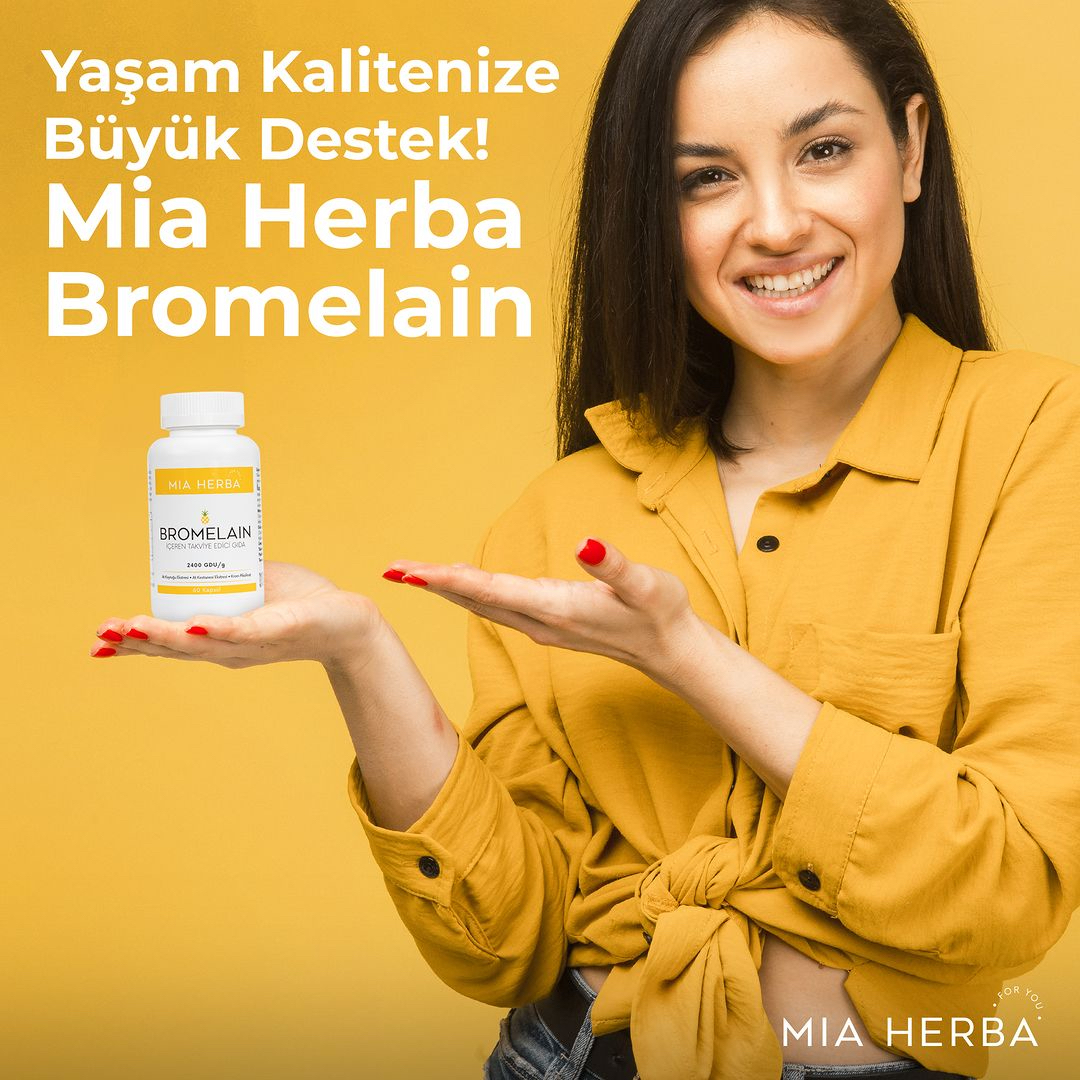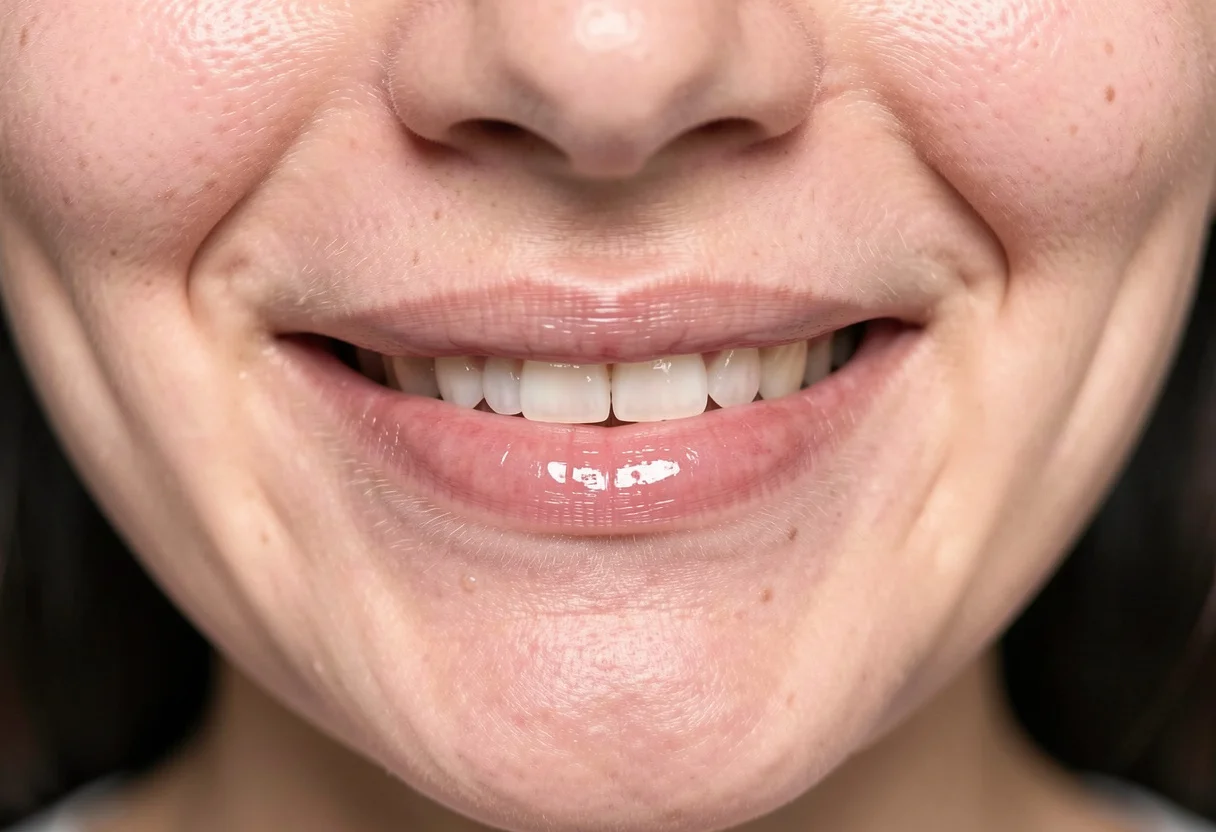"Let’s address the big question: do immune-boosting supplements truly enhance health, and what does science say?"
Introduction
In the constantly changing realm of health and well-being, the immune system serves as the body's main line of defense against a wide range of pathogens, including bacteria, viruses, and environmental pollutants. A strong immune system has become even more crucial regarding the global health crisis caused by the COVID-19 pandemic. While nutrition, exercise, adequate sleep time, and rest are fundamental for immune health, dietary supplements have gained focus as a complementary way to enhance immunity.
This paper reviews the major dietary supplements, from vitamins and minerals to probiotics and herbal extracts, which have been clinically shown to support immune function, their mechanisms of action, and the scientific evidence for their efficacy.
Vitamin C: The Immunity Powerhouse
Vitamin C, or ascorbic acid, is one of the most popular and widely studied nutrients for immune support. As a water-soluble vitamin and potent antioxidant, vitamin C plays a critical role in protecting immune cells from oxidative damage and enhancing the immune response.
Mechanism of Action: At the cellular level, vitamin C is a driving force in the synthesis and activity of lymphocytes and phagocytes. These types of white blood cells act as the first line of defense for our immune system and fight against pathogens. What is not well known is that vitamin C is also crucial to our skin integrity, which acts as an important barrier to pathogens. Also, since vitamin C is involved in the synthesis of collagen, it repairs tissues, especially after an infection.
Evidence: Clinical studies have demonstrated that vitamin C can reduce the duration and severity of colds, which are of special relevance for people under physical stress, such as athletes and individuals exposed to cold. A recently published meta-analysis in Nutrients indicated that regular supplementation with vitamin C (500-1,000 mg/day) reduced the incidence of colds, which improved the recovery time.
Recommended dose: The Recommended Dietary Allowance (RDA) of vitamin C is 75 mg per day for women and 90 mg per day for men. However, for immune support, especially during the cold and flu season, higher doses of up to 1,000 mg/day are frequently advised.
Vitamin D: the Immune Modulator
Vitamin D, also known as the "sunshine vitamin," is essential for both bone health and immune function. Despite its importance, vitamin D deficiency is widespread, especially in areas with little sunlight exposure.
Mechanism of action: Vitamin D is important for both innate and adaptive immune responses. It improves the pathogen-fighting abilities of monocytes and macrophages—white blood cells that are essential for immune defense—and reduces inflammation by regulating cytokine levels. Furthermore, vitamin D activates T cells, which are required for immune protection against pathogens.
Evidence: A landmark study published in The BMJ revealed that weekly or daily vitamin D supplementation can significantly reduce the risk of preventing infections such as acute respiratory tract infections, particularly in individuals who are vitamin D deficient.
Recommended dosage: The recommended daily intake of vitamin D is 600-800 IU, but doses of 1,000-2,000 IU are frequently recommended for those with low levels or those looking to improve immune function. In some cases, higher doses may be prescribed with medical supervision, particularly for those with severe deficiencies.
Zinc: A Critical Trace Mineral for Immunity
Zinc is an essential trace element that plays a fundamental role in immune function. It is necessary for the normal development and function of immune cells, including neutrophils and natural killer cells. Zinc deficiency impairs immune function and increases susceptibility to infections.
Mechanism of Action: Zinc supports the immune system by influencing the production and function of several immune cells, including macrophages, neutrophils, and natural killer cells. It is also involved in the production of cytokines, which are signaling molecules that regulate the immune response. Zinc helps to maintain the structural integrity of cell membranes, which prevents pathogens from entering.
Evidence: Several studies have shown that zinc supplementation can shorten the duration and severity of the common cold. A study published in The American Journal of Clinical Nutrition discovered that taking zinc lozenges or supplements within 24 hours of the onset of cold symptoms reduced the duration of symptoms by up to 33%.
Recommended Dosage: The RDA for zinc is 8 mg/day for women and 11 mg/day for men. For immune support, particularly during cold and flu season, dosages of 15–30 mg/day are commonly recommended. It is important to note that excessive zinc intake (over 40 mg/day) can interfere with copper absorption and may lead to immune suppression.
Probiotics: Gut Health and Immunity
The gut microbiome, which consists of trillions of bacteria and other microorganisms, plays a critical role in regulating the immune system. Probiotics are live microorganisms that can provide health benefits when consumed in adequate amounts, particularly in maintaining a healthy balance of gut bacteria.
Mechanism of Action: Probiotics improve the function of the gut-associated lymphoid tissue (GALT), which houses a large proportion of the body's immune cells. Probiotics contribute to a healthy balance of beneficial bacteria in the gut, which aids the immune system's ability to distinguish between harmful and beneficial organisms. This lowers the risk of infection and increases immune tolerance.
Evidence: Research published in The Journal of Nutrition found that specific probiotic strains, such as Lactobacillus and Bifidobacterium, can enhance the immune response and reduce the incidence of respiratory and gastrointestinal infections. The study concluded that regular consumption of probiotics could help to modulate immune responses and improve overall immune function.
Recommended Dosage: The dosage of probiotics varies depending on the strain and specific health needs. For general immune support, dosages ranging from 1–10 billion colony-forming units (CFUs) per day are commonly recommended. Lactobacillus rhamnosus and Bifidobacterium lactis are two clinically most studied strains of probiotics.
Elderberry: A Traditional Remedy with Modern Evidence
Elderberry (Sambucus nigra) is a centuries-old herbal remedy used to treat colds and the flu. It is high in antioxidants, particularly anthocyanins, which have been linked to improved immune function.
Mechanism of Action: Elderberry contains flavonoids that exhibit powerful antioxidant and anti-inflammatory activity. These compounds are known to increase cytokine production so that the immune system can respond to infections more easily. Elderberry may also have an inhibitory effect on the capabilities of viruses to penetrate and reproduce in human cells.
Evidence: One study, published in the journal Complementary Therapies in Medicine, found that an elderberry extract significantly decreased the severity and length of time of upper respiratory symptoms in people suffering from viral illnesses, like the flu. The researchers concluded that elderberry might be a useful natural remedy in subsiding the severity and duration of respiratory illnesses.
Recommended Dosage: Elderberry extract is usually available in liquid, capsule, or syrup form. The typical daily dose is 150-600 mg of extract or 1-2 tablespoons of syrup. Elderberry supplements are frequently recommended during cold and flu season or at the onset of symptoms.
Echinacea: The Herbal Immune Booster
Another popular herbal supplement is echinacea, which is traditionally used to ward off and treat different types of infections, especially respiratory infections. It is believed to enhance immune function and lower the risk of catching the common cold.
Mechanism of action: Echinacea acts through the stimulation of activities by immune cells, especially macrophages and natural killer cells that are involved in fighting against an infection. This medicinal extract also increases the production of cytokines that are involved in the regulation of immune response, hence enhancing the body's capability to fight against the pathogens.
Evidence: A meta-analysis published in The Lancet Infectious Diseases said supplementation with echinacea resulted in a 58% decrease in the risk of developing colds and reduced symptom duration by 1.4 days. It is therefore concluded that echinacea may be useful for the prevention and treatment of colds, particularly when they start.
Dosage: Echinacea is available in capsules, tablets, tinctures, and teas. A typical dosage is 300-500 mg of echinacea extract, taken 2-3 times per day. Echinacea is frequently used as a preventive measure during cold and flu season, as well as at the first signs of illness.
Garlic: Nature’s Antimicrobial Agent
Garlic (Allium sativum) has been used for thousands of years for its medicinal properties, particularly its ability to boost the immune system and fight infections. It contains sulfur compounds such as allicin, which have potent antimicrobial and immune-enhancing effects.
Mechanism of Action: Garlic boosts the immune system by increasing the activity of macrophages, natural killer cells, and lymphocytes, all of which are essential for fighting infections. It also contains antiviral and antibacterial properties that aid in infection prevention and immune health.
Evidence: A randomized, double-blind study published in Clinical Nutrition demonstrated that garlic supplementation reduced cold and flu incidence by 63% when compared to a placebo group. Garlic supplementation reduced the severity and duration of cold symptoms by 70%, indicating that it has potent immune-boosting properties.
Recommended Dosage: Garlic supplements are available in various forms, including aged garlic extract, garlic oil, and powdered garlic. The recommended dosage for immune support is typically 600–1,200 mg of garlic powder or 2–4 grams of fresh garlic per day.
Conclusion
While dietary supplements can significantly support immune function, they should not be seen as a replacement for a healthy lifestyle. A balanced diet rich in fruits, vegetables, and whole grains, combined with regular physical activity, adequate rest, and stress management, are key to supporting a strong immune system. Supplements may provide an additional layer of protection, particularly during times of increased stress, seasonal changes, or high infection risk. However, before beginning any supplementation, consult a healthcare provider, especially for patients with pre-existing conditions or those taking medication, since high doses of some nutrients, such as zinc and vitamin D, can have negative consequences. Immunity-boosting supplements, when used correctly, can be an effective tool for maintaining immune system resilience to infections while also promoting overall health and well-being.
Calder PC, et al., Optimal nutritional status for a well-functioning immune system is an important factor to protect against viral infections. (2020).
Constantini NW, et al., The effect of vitamin C on upper respiratory infections in adolescent swimmers: a randomized trial. (2011).
Contributors N, An Evidence-based Review of Garlic and its Hypolipidemic Properties by the Natural Standard Research Collaboration.
De Vrese M and Offick B, Probiotics and prebiotics: effects on diarrhea. (2010).
Hemilä H, Vitamin C and infections. (2017).
Hawkins J, et al., Black elderberry (Sambucus nigra) supplementation effectively treats upper respiratory symptoms: A meta-analysis of randomized, controlled clinical trials. (2019).
Intakes SCotSEoDR, et al., Dietary reference intakes for vitamin A, vitamin K, arsenic, boron, chromium, copper, iodine, iron, manganese, molybdenum, nickel, silicon, vanadium, and zinc. 2002: National Academies Press.
Maftei N-M, et al., The Potential Impact of Probiotics on Human Health: An Update on Their Health-Promoting Properties. (2024).
Martineau AR, et al., Vitamin D supplementation to prevent acute respiratory tract infections: systematic review and meta-analysis of individual participant data. (2017).
Prasad AS, Zinc in human health: effect of zinc on immune cells. (2008).
Schoofs H, Schmit J, and Rink L, Zinc toxicity: understanding the limits. (2024).
Shah SA, et al., Evaluation of echinacea for the prevention and treatment of the common cold: a meta-analysis. (2007).
Singh M and Das RR, Zinc for the common cold. (2013).
Wieland LS, et al., Elderberry for prevention and treatment of viral respiratory illnesses: A systematic review. (2021).




















